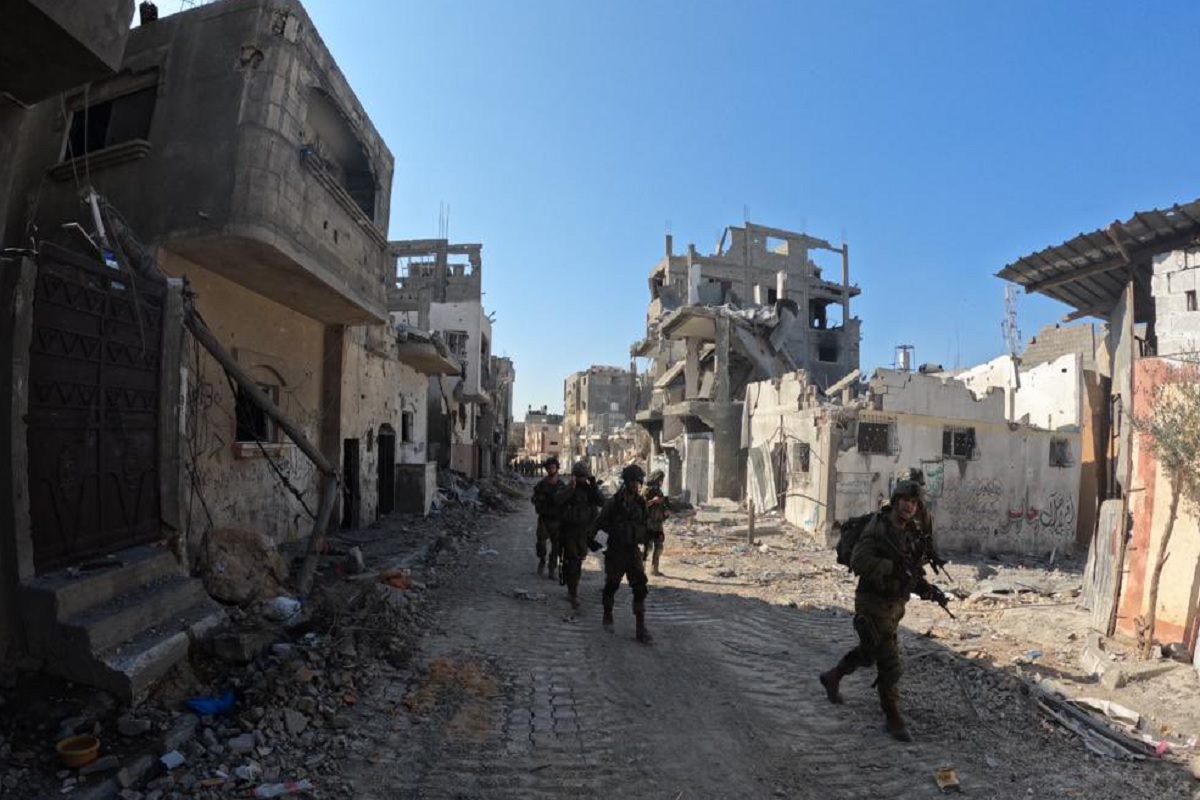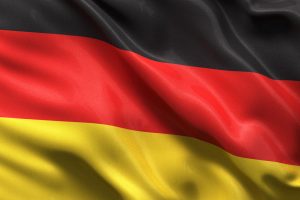Fresh reports emerged indicate that Hamas was willing to extend a truce for prisoner exchanges, according to a source close to the militant group.
This announcement arrived amidst a call from the United States urging Israel to establish safe zones for civilians in Gaza, as a temporary ceasefire between the conflicting parties approached its end.
Advertisement
The conflict stemmed from a series of deadly attacks by Hamas on Israel, which led to a severe Israeli offensive in the Gaza Strip. International pressure mounted for a lasting cessation of hostilities, emphasizing the need for humanitarian aid to reach civilians in Gaza.
As the expiration of the ceasefire approached, US Secretary of State Antony Blinken advocated for its extension, emphasizing the importance of continued progress and humanitarian assistance. He urged Israel to implement plans for safeguarding innocent Palestinians in specific areas within Gaza to prevent further casualties.
A source close to Hamas, preferring anonymity due to lack of authorization to speak to the media, expressed the group’s willingness to prolong the truce. Mediators were actively engaged in efforts to secure an extension, with discussions ongoing.
The truce had facilitated the release of Israeli hostages in exchange for Palestinian prisoners. Blinken commended this positive development, acknowledging the reunification of hostages with their families and increased humanitarian aid reaching Gaza.
Israeli Prime Minister Benjamin Netanyahu, however, remained steadfast in the commitment to eliminate Hamas, vowing to continue the offensive once the truce concluded.
Notably, the truce had led to the release of 80 Israeli hostages and 240 Palestinian prisoners since its commencement on November 24. International mediators, primarily led by Qatar, had played a significant role in extending the initial four-day truce, which had already been extended for three more days.
The conflict’s toll had forced around 1.7 million people in Gaza to evacuate their homes, with limited access to essential supplies like food, water, medicine, and fuel, as reported by the UN.
Among those released were hostages from various nationalities, including two Russian-Israeli dual citizens, and detainees from Mexico, Russia, and Uruguay. The emotional scenes of reunion between released hostages and their families highlighted the relief amidst the ongoing tensions.
The situation remained tense as discussions for an extension of the truce and efforts for humanitarian aid persisted, while Israel maintained its determination to address the conflict decisively.











